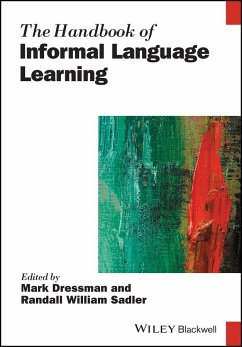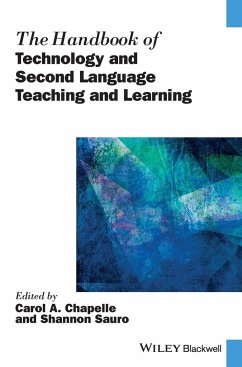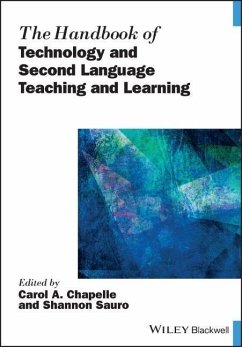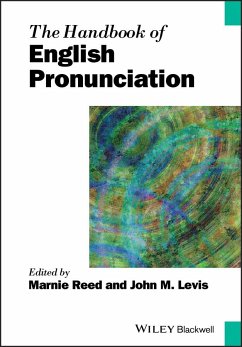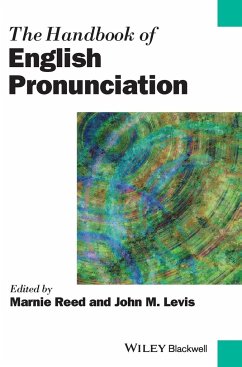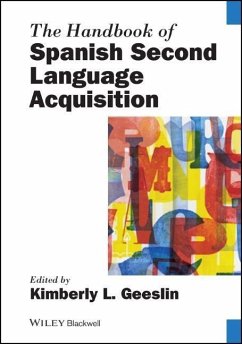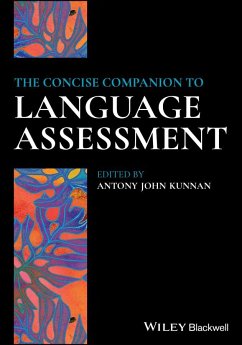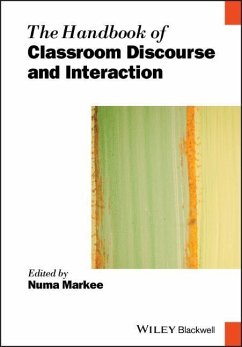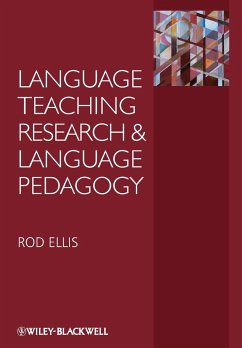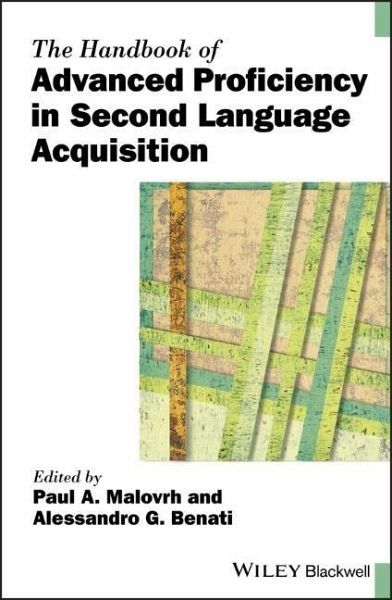
The Handbook of Advanced Proficiency in Second Language Acquisition

PAYBACK Punkte
103 °P sammeln!
A comprehensive, current review of the research and approaches to advanced proficiency in second language acquisitionThe Handbook of Advanced Proficiency in Second Language Acquisition offers an overview of the most recent and scientific-based research concerning higher proficiency in second language acquisition (SLA). With contributions from an international team of experts in the field, the Handbook presents several theoretical approaches to SLA and offers an examination of advanced proficiency from the viewpoint of various contexts and dimensions of second language performance. The authors ...
A comprehensive, current review of the research and approaches to advanced proficiency in second language acquisition
The Handbook of Advanced Proficiency in Second Language Acquisition offers an overview of the most recent and scientific-based research concerning higher proficiency in second language acquisition (SLA). With contributions from an international team of experts in the field, the Handbook presents several theoretical approaches to SLA and offers an examination of advanced proficiency from the viewpoint of various contexts and dimensions of second language performance. The authors also review linguistic phenomena among advanced learners through the lens of phonology and grammar development.
Comprehensive in scope, this book provides an overview of advanced proficiency grounded in socially-relevant domains of second language acquisition including discourse, reading, genre-based writing, and pragmatic competence. The authoritative volume brings togetherthe theoretical accounts of advanced language use combined with solid empirical research.
_ Includes contributions from an international collection of noted scholars in the field of second language acquisition
_ Offers a variety of theoretical approaches to SLA
_ Contains information on the most recent empirical research that contributes to an understanding of SLA
_ Describes performance phenomena according to multiple approaches to SLA
Written for scholars, students and linguists, The Handbook of Advanced Proficiency in Second Language Acquisition is a comprehensive text that offers the most recent developments in the study of advanced proficiency in the acquisition of a second language.
The Handbook of Advanced Proficiency in Second Language Acquisition offers an overview of the most recent and scientific-based research concerning higher proficiency in second language acquisition (SLA). With contributions from an international team of experts in the field, the Handbook presents several theoretical approaches to SLA and offers an examination of advanced proficiency from the viewpoint of various contexts and dimensions of second language performance. The authors also review linguistic phenomena among advanced learners through the lens of phonology and grammar development.
Comprehensive in scope, this book provides an overview of advanced proficiency grounded in socially-relevant domains of second language acquisition including discourse, reading, genre-based writing, and pragmatic competence. The authoritative volume brings togetherthe theoretical accounts of advanced language use combined with solid empirical research.
_ Includes contributions from an international collection of noted scholars in the field of second language acquisition
_ Offers a variety of theoretical approaches to SLA
_ Contains information on the most recent empirical research that contributes to an understanding of SLA
_ Describes performance phenomena according to multiple approaches to SLA
Written for scholars, students and linguists, The Handbook of Advanced Proficiency in Second Language Acquisition is a comprehensive text that offers the most recent developments in the study of advanced proficiency in the acquisition of a second language.





